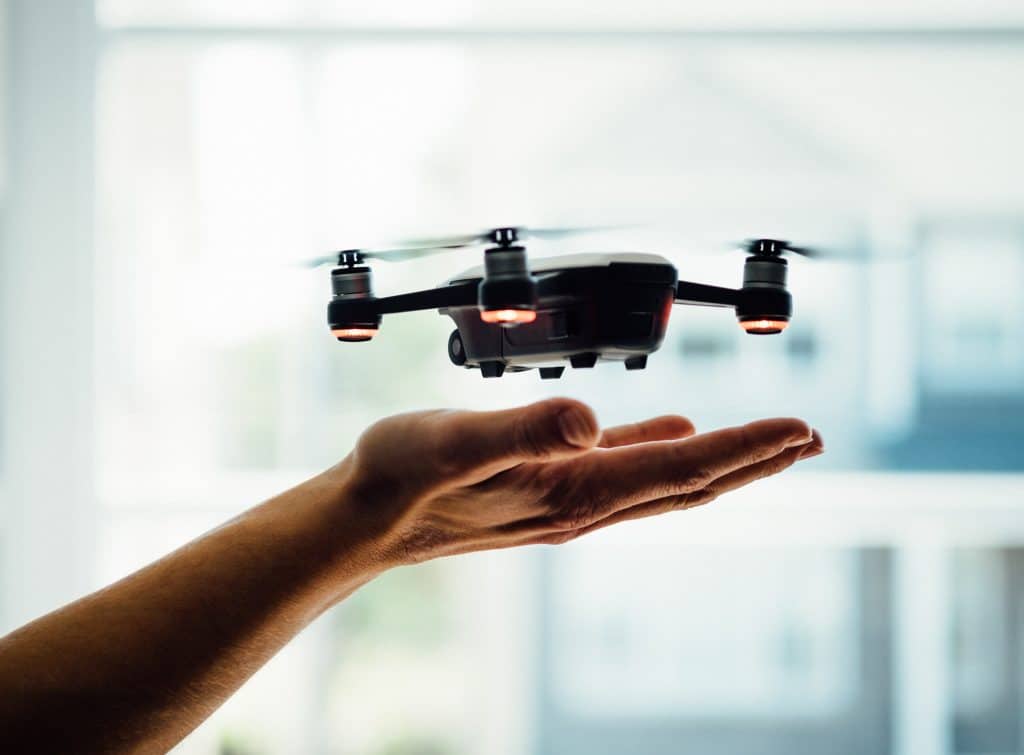New research seeks to reveal students’ hopes and fears about AI
The prospect of us having to share offices, classrooms and our personal lives with Artificial Intelligence (AI) has been covered at length in the media over recent years. There have been many articles, documentaries, and science fiction films such as Black Mirror painting particularly dark visions of what is to come.
The impact of AI on the workplace, and in particular employment, has received a large amount of the attention. Amidst the fourth industrial revolution and industry 4.0, technological developments have enabled AI systems to perform many of the skills traditionally reserved for humans. The impact of this level of technology on employment has been identified and predicted by many, with the messaging alternating from quite alarmist and pessimistic (“the machines will take all of the jobs”) to the more cautious and optimistic (“new jobs will emerge”).
The AI revolution is pandemic: impacts will be felt universally, affecting all sectors of the workforce.
Is the 4th industrial revolution really any different from the 1st?
Predictions that automation will make humans redundant have been made since the industrial revolution and again and again over the years. But will this time be different? Much like the first industrial revolution, the current wave of technological development has begun, and will continue, to disrupt economic sectors. However, unlike previous developments, which affected some segments more than others, it has been argued that the AI revolution is pandemic: impacts will be felt universally, affecting all sectors of the workforce, from blue collar jobs to white collar professionals.


In this sense, humans are facing a new kind of competitor when it comes to seeking employment: robots do not need downtime, leadership or benefits and are completely loyal to their employers, generating relentless and consistent output. As technology changes, so too do the skills that workers need.
So what does this mean for education?
In summary, the truth is somewhere in between the alarmist and cautious views: AI
may remove jobs, it may increase some jobs but what is certain is that it is definitely CHANGING the types of jobs. As such:
- STUDENTS working within this changing environment must be able to make effective use of the tools of modern technology, as well as develop skills that technology cannot replace. They need to navigate their way through shifting opportunities and make decisions about what seem to be increasingly uncertain employment prospects.
- EDUCATORS, such as Hult, face the challenge of preparing future workers for a rapidly evolving job market.
With all of the media hype surrounding technological unemployment, a number of studies have been conducted to examine how susceptible jobs are to computerization (e.g. Frey and Osborne 2013, Pajarinen, and Rouvinen 2014, Arntz, Gregory and Zierahn 2016). However, less attention has been paid to the perceptions and feelings of the young individuals currently in education who will be affected by it. At Hult International Business School, we are conducting a research project to explore exactly this.
The current generation of undergraduate students are the first generation who will see AI having a definite impact on their working lives.
Researching those most affected: students
“Visions of the Future: Hopes and Fears in an Age of Automation” is the title of our research project which focuses on a specific set of individuals: the current generation of undergraduate students. This group of young people who are on the cusp of entering the workplace. They are the first generation who will see AI having a definite impact on their working lives – yet they have been educated in a system which is only just beginning to wake up to the implications of automation for the workforce. Many students are themselves not fully aware of what the future will hold. This research explores these students’ visions of their futures; their awareness of how technological development may affect them; their hopes and fears; how they plan to prepare themselves for the coming changes, and; their attitudes to the impact of AI on the world of work and education.
Through surveys, discussion groups, written work and interviews qualitative and quantitative data has been collected from around 400 participants. These include both a general undergraduate student population studying in the UK and US, and a specific group of undergraduate students studying a “Robotics, Business and Society” course that Hult International Business School offers to second-year students on its Bachelor of Business Administration (BBA) program.
The findings from this research explore:
- what kinds of future students envisage in an increasingly automated work environment, and how they feel about the coming changes;
- how students imagine themselves in these futures;
- how students plan to actively respond, what strategies do they plan to develop to help them negotiate the changing workplace; and
- what advice students have for younger students and for educators.
These findings will provide guidance for educators looking to understand and best prepare today’s students for the workplace of tomorrow and practitioners to inform thinking around workplace learning and the workplace of the future.
Note: this blog is one of a series of three. The next post will focus on the findings from the research project described. In particular on the “Preparedness and Response” of students for a future increasingly shared with AI. A final blog post will focus on advice to students and to educators.
Find out more about Hult’s future-focused business degrees: Download a brochure
Grow your leadership capabilities with an MBA in international business at Hult. To learn more, take a look at our blog 4 steps to becoming a more influential woman: Focus areas for female leaders, or give your career a boost with our Masters in International Business. Download a brochure or get in touch today to find out how Hult can help you to learn about the business world, the future, and yourself.


